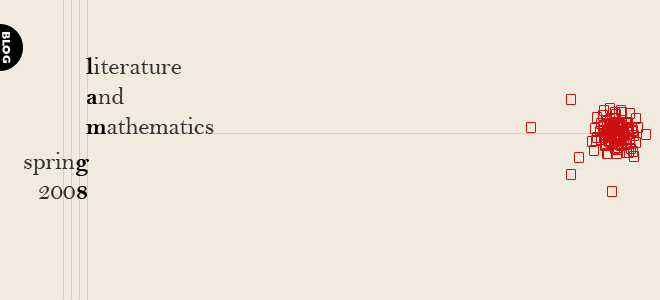One major theme in this book is nature vs. technology -- which is to say pro life vs. pro choice... in more of a sense than just abortions (also vivisections and life support for people in comas, etc.). But I say that these kinds of technology ARE natural. We obviously feel a need to have such technologies or we wouldn't have thought them up and improved on them. There is a "natural", innate need within us at this moment in our evolution to stop certain babies from being born and to improve on the quality of the genes being reproduced. People have a problem with it because it is new and we don't really know if using these technologies is the "right" thing to do. But we have a population problem. If something does not change soon there's gonna be problems. If pro-lifers out there win out, there's going to be more suffering in the world than otherwise. Not only are these babies going to be born into families that don't want them for whatever reason, or born with deformities or mental conditions but they are just adding to our ever increasing population -- which would eventually cause shortages in food and other vital resources for EVERYONE. I mean killing a few cells before they reach a certain maturity is nothing compared to the amount of suffering they might endure/help cause. Abortions, vivisections, screening are all "natural" consequences of an evolutionary problem we face. And if morality is your problem, these are much better than simply "tossing out" new borns like they used to do a couple thousand years ago -- which is the same as what many organisms do -- kill their deformed babies. It is a combination of our innate sense of morality and the evolutionary need to control the quality and quantity of our population that has led to these technologies.
Tuesday, March 4, 2008
Subscribe to:
Post Comments (Atom)

1 comment:
I like how you termed technology as "natural", because I also believe it's part of our evolution. However, you made a point about overpopulation; this is really only a problem in 3rd world countries, places without technology. However, I don't believe there would ever be a shortage of food because by that time we would already have genetically mutated food that would be larger and probably last longer than today.
Post a Comment